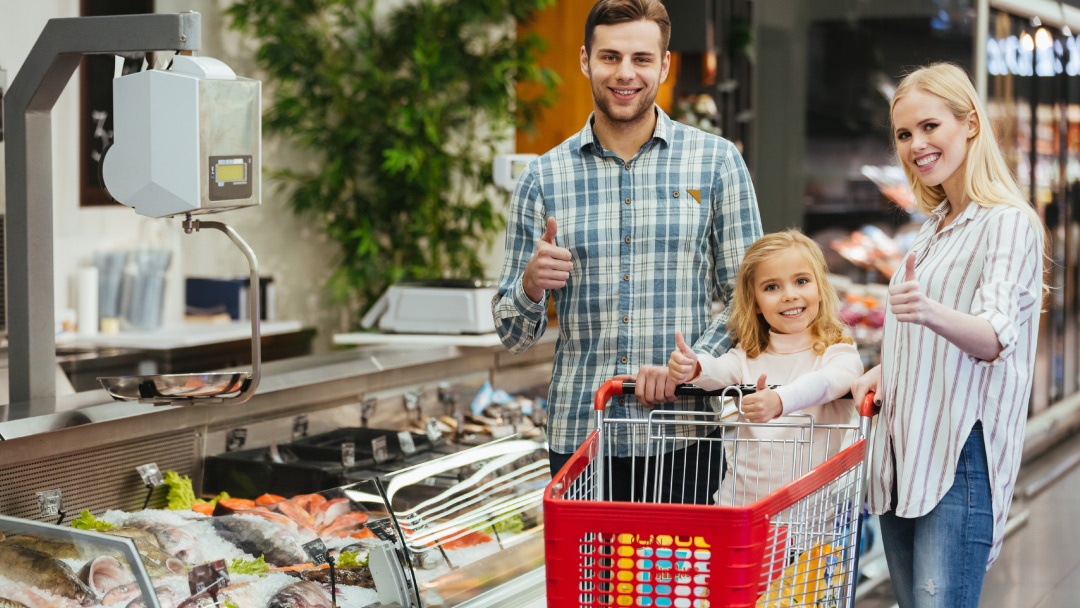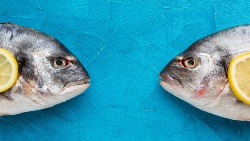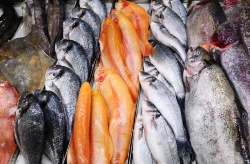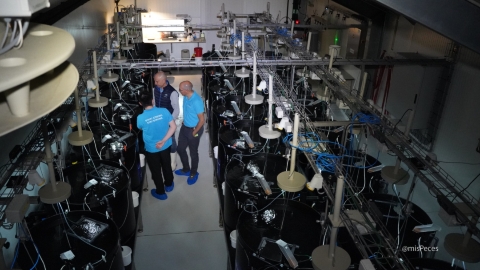
European consumers are increasingly struggling to make informed choices about the food we purchase due to unclear and inadequate labelling, which can, at times, even be misleading.
This is the conclusion of a recent report by the European Court of Auditors on food labelling in general. Although the document does not specifically address aquaculture products, the issues highlighted are equally relevant to this sector, which often face similar challenges in terms of transparency and trust in sustainability certifications.
As the report emphasizes, consumers across the European Union are confronted with a “maze of labels”, consisting of systems and claims that are often difficult to understand. The issue, as outlined, spans both mandatory and voluntary labelling, with the latter sometimes being used by companies of “greenwashing” purposes.
While the report analyses the situation in broad terms, it is clear that the debate is also relevant to aquatic products. In the case of aquaculture, the proliferation of multiple certification schemes, each with its own standards, leaves consumers without clear guidance on which truly ensure sustainable practices.
This, as reflected in the report, stems from a “lack of harmonization in labelling and certification standards,” which “undermines consumer confidence in food products and exacerbates inequalities between Member States.”
The absence of a unified framework in the European Union also creates fragmentation in voluntary certifications for farmed fish, such as GlobalG. A. P. or Friend of the Sea, among many others, which aim to promote responsible practices. These certifications often fail to clearly communicate to consumers what standards they actually cover -whether it be sustainability, animal welfare, or reducing environmental impact-further contributing to a sense of opacity.
The report of the Court of Auditors also highlights that oversight of voluntary information on labelling, such as sustainability claims, is insufficient, while penalties for non-compliance are ineffective. These issues mirror those faced by aquaculture certifications, which are also criticised for lax auditing practices and limited accessibility for small-scale producers.
With over 450 million citizens in the European Union, the auditors underscore the pressing need for greater transparency to restore consumer trust. To address this, they propose harmonizing regulations with clear and transparent standards, strengthening oversight of voluntary labelling, investing in consumer education to encourage informed decision-making, and ensuring more equitable access to certifications, thereby fostering fairness in the market.




